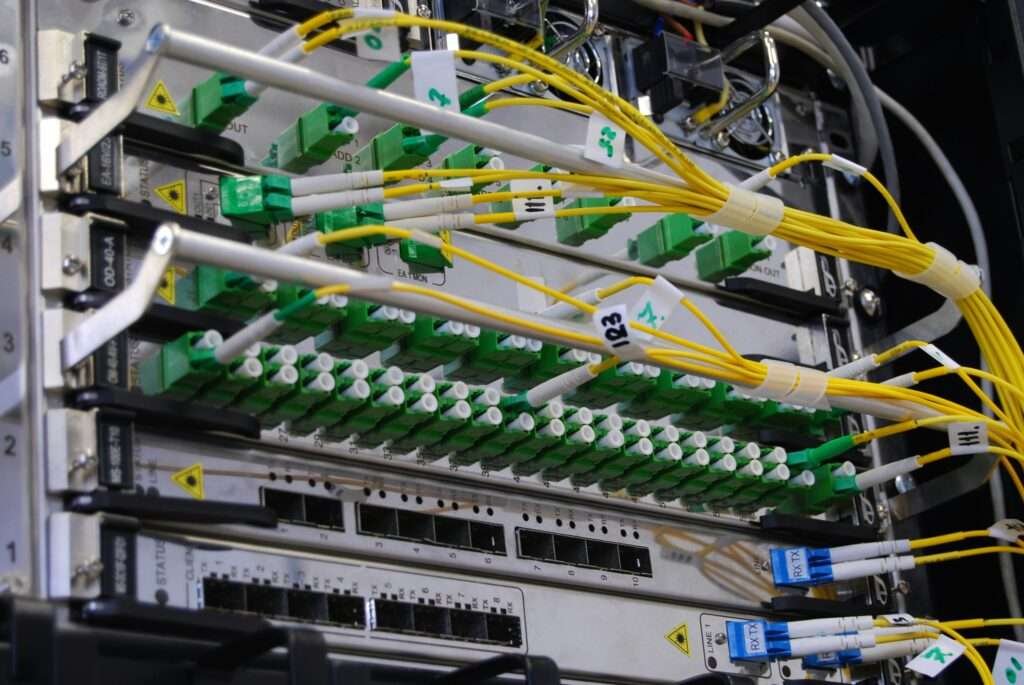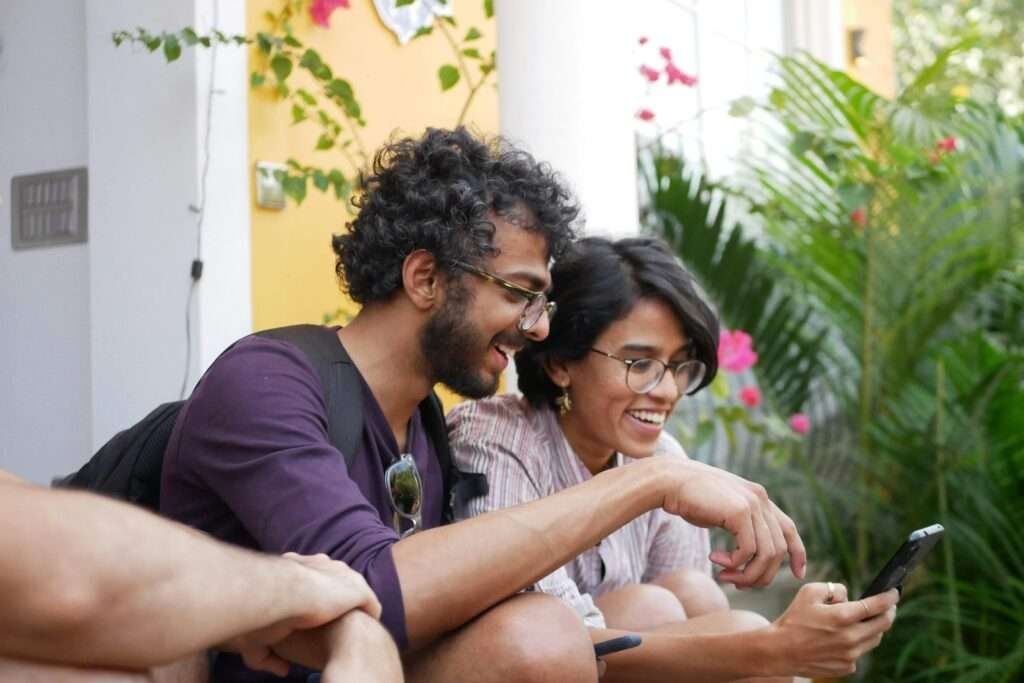Do you ever feel like millennials are rewriting the rules of adulthood? I do, and honestly, it’s fascinating to watch. From redefining work-life balance to embracing minimalism, this generation is all about challenging societal norms. One trend that’s caught my attention lately is the rise of DINKs—dual income, no kids. It’s a lifestyle choice that’s becoming more popular, and while it sounds great for individual freedom, economists are raising their eyebrows.
Here’s the thing: as more millennials choose to be DINKs, experts predict it could push GDP down by as much as 4%. That’s huge! But why is this happening, and what does it mean for you and me? Let’s unpack this together.

What’s Driving Millennials to Embrace the DINK Lifestyle?
First, let’s talk about why millennials are making this choice. It’s not just about avoiding diaper duty or tantrums (although, let’s be real, that’s a bonus). There are deeper reasons here, and they make a lot of sense.
- The Cost of Raising Kids Is Skyrocketing
You’ve probably heard that raising a child from birth to 18 can cost upwards of $300,000 in the U.S. Add in college expenses, and it’s no wonder millennials are thinking twice. Many of us are already grappling with student loan debt, rising rents, and an economy that feels like it’s out of reach. Choosing to remain child-free can feel like the only way to maintain financial stability. - Prioritizing Careers and Personal Goals
Millennials are all about chasing dreams. Whether it’s building a career, traveling the world, or launching a passion project, having kids doesn’t always fit into the equation. And honestly? That’s okay. - Environmental Concerns
I can’t tell you how many conversations I’ve had where climate change comes up. A lot of millennials feel a responsibility to the planet and worry about bringing more people into a world with limited resources. It’s a tough call, but it’s one that weighs heavily on this generation.
How Does This Impact the Economy?
Now, here’s where things get interesting—and a little concerning. When fewer people have kids, it creates a ripple effect. Let’s break it down:
- Decline in Consumer Spending
Think about all the industries tied to parenting—baby products, education, childcare, even family-friendly entertainment. If millennials aren’t having kids, these sectors could see a dip in demand, which slows economic growth. - A Shrinking Workforce
Fewer kids today mean fewer workers tomorrow. It’s simple math. Without a steady stream of young people entering the workforce, the economy could face labor shortages, making it harder for businesses to thrive. - Strain on Social Security and Healthcare
Here’s a hard truth: an aging population with fewer young workers to support them can put immense pressure on social programs like Social Security and Medicare. The fewer contributors we have, the shakier the system becomes.
Why the GDP Drop Matters
A potential 4% dip in GDP might not sound like much on paper, but let me tell you, it’s a big deal. GDP—or gross domestic product—is like the pulse of a country’s economy. When it slows down, it affects everything: job opportunities, wages, even our ability to innovate as a society.
And while it’s easy to think, “Well, that’s the government’s problem,” it trickles down to all of us. Lower economic growth can mean fewer chances to advance in your career or start that business you’ve been dreaming about.
The Flip Side: Are There Benefits to a DINK Lifestyle?
It’s not all doom and gloom. In fact, the DINK lifestyle has its perks, both for individuals and the planet.
- Greater Financial Freedom
Without the financial burden of raising kids, DINK couples can save more, invest wisely, and enjoy experiences like travel or buying a home. This could lead to a rise in wealth-building and financial independence among millennials. - Focus on Quality Over Quantity
Smaller households often mean more resources to go around. This can lead to better quality of life, not just for the individuals involved but for society as a whole. - Environmental Impact
Fewer people means less strain on natural resources. For those concerned about sustainability, this is a win.
Can We Strike a Balance?
Here’s where I think the conversation gets really interesting. Is there a way to respect millennials’ choices while addressing the economic challenges they create? I believe there is.
- Workplace Policies That Support Families
Companies could step up with better parental leave, affordable childcare options, and flexible work arrangements. These changes might make having kids a more attractive option without compromising personal goals. - Education Around Financial Planning
What if we taught young people how to manage money in a way that made raising a family feel possible? It’s a simple idea but could make a big difference. - Incentives for Parenting
Countries like Sweden offer generous parental benefits, and it works. Could similar policies help balance the scales in the U.S.? Maybe it’s time to try.
What’s Next for Millennials—and the Economy?
As we move forward, I think it’s important to remember that there’s no one-size-fits-all answer here. Millennials are making choices that align with their values, and that’s a good thing. At the same time, it’s worth considering how those choices shape the world we all share.
If you’re a millennial, or just curious about this trend, I’d love to hear your thoughts. Are you worried about the economic impact, or do you see this as a step toward a more sustainable future? Let’s talk about it—it’s a conversation worth having.
Closing Thoughts
The rise of millennials choosing to be DINKs is more than just a trend; it’s a reflection of the changing times. While it poses challenges for the economy, it also offers opportunities for innovation and growth. The question is, how do we adapt?
Thanks for sticking with me on this deep dive. It’s a complicated topic, but one that I think we can all learn from. Let’s keep the conversation going.


